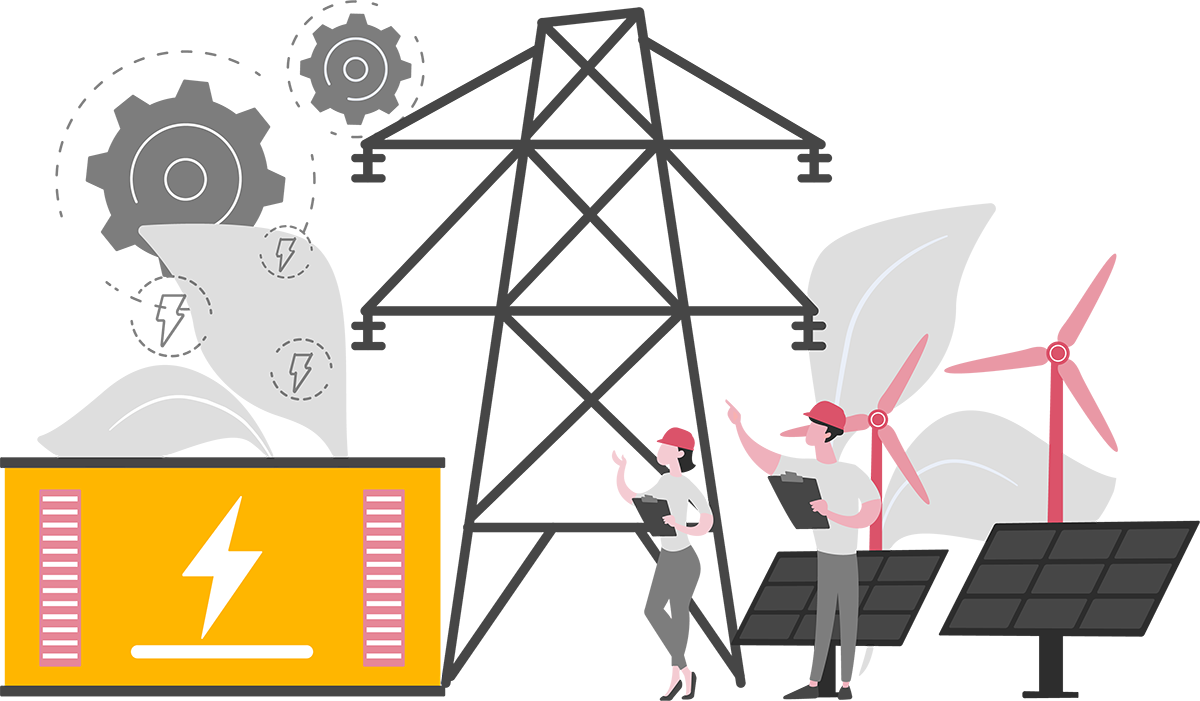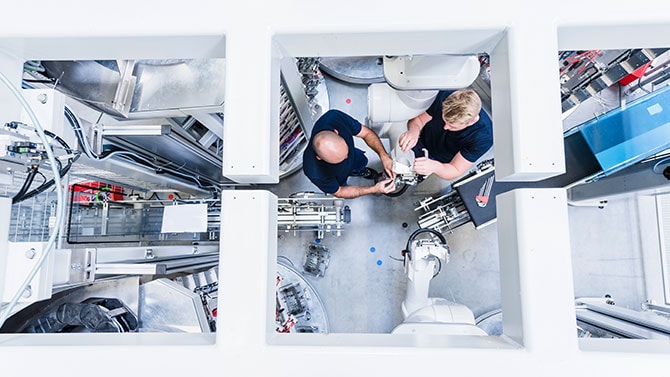The Government has introduced a new Enterprise Innovation Scheme (EIS) to provide enhanced tax deductions for businesses working on qualifying activities to boost innovation. From Year of Assessment (YA) 2024, businesses that engage in research and development (R&D), innovation and capability development activities will now be able to claim up to 400% tax deduction for five categories of qualifying activities, as well as a cash conversion option. The categories are:
1. Staff costs and consumables incurred on qualifying R&D projects conducted in Singapore
Under this category, the eligibility criteria for the 400% enhanced tax deduction will align with the existing criteria and conditions for the additional 150% tax deduction for staff costs and consumables incurred on qualifying R&D projects conducted in Singapore (i.e. the deduction rules under section 14D of the Act). A qualifying R&D project refers to one that is of advanced, leading-edge technology which goes beyond the existing technical knowledge of a scientific or technological field. This excludes routine modifications, quality control and routine testing. The 400% tax deduction on the first $400,000 of qualifying expenditure, i.e. increased from the existing 250% tax deduction, would be attractive to businesses. Businesses should note the requirement to submit robust documentation to support their claim may not be easily met.

2. Qualifying costs for intellectual property registration
This category is more straightforward compared to the first. The tax deduction allowed for the first $400,000 of qualifying costs incurred on intellectual property (IP) registration will be increased to 400%. It is noteworthy that the enhancement is on two counts as the deduction is for 400% on the first $400,000 of qualifying expenditure compared with the existing deduction of 200% on the first $100,000 of expenditure.

3. Acquisition and licencing of IP Rights
The existing rules allow a writing-down allowance claim on the full cost of acquisition of qualifying IP rights and a 200% enhanced deduction for the first $100,000 on the cost of licencing qualifying IP rights. This enhancement allows for a 400% allowance or tax deduction on the first $400,000 of qualifying IP acquisition and licencing costs. This incentive is only available to businesses with less than $500 million in revenue in that YA. It is apparent from this condition that the incentive is targeted at enterprises in that bracket to move up the value chain, and not meant for larger businesses whose revenue exceeds the threshold.
4. Qualifying training expenditure
In addition to the existing tax deduction for training expenditure, courses that are approved by SkillsFuture Singapore and aligned with the Skills Framework will qualify for 400% tax deduction up to the first $400,000 of qualifying training expenditure per year.
With the enhanced tax deduction, the Government encourages businesses to invest in the upskilling and reskilling of their workforce to improve their competitiveness.
5. Innovation projects carried out with Polytechnics, the Institute of Technical Education or other qualified partners
This initiative encourages collaboration between businesses and local institutions which benefits both the businesses and society as a whole. Amid the intense global talent shortage, the collaboration prepares young talents for the workforce and offers a stage to get exposure on real business cases. Businesses can claim a 400% tax deduction on up to $50,000 of qualifying expenditure incurred per year on qualifying innovation projects carried out with partner institutions.

While it may seem similar at first glance to the erstwhile Production and Innovation Credit Scheme which was available from YA 2011 to YA 2018, the EIS is a more targeted programme.
With the EIS, the amount of tax deduction or allowance is increased to 400% of the qualifying expenditure up to the relevant threshold depending on the type of activity. This is more generous than the 100% to 250% deductions currently available.
Businesses that are not profitable, or not having sufficient profits to benefit from the tax deductions can opt for cash conversion and receive, in lieu of the tax deduction, a non-taxable cash payout of 20% of total qualifying expenditure across all qualifying activities, up to a maximum of $100,000. Therefore, the maximum cash payout is $20,000 per year.
All benefits under the EIS are applicable from YA 2024 to YA 2028 so businesses can enjoy enhanced deductions for investments in innovation and productivity which they may have already made for YA 2024.
Contact us







